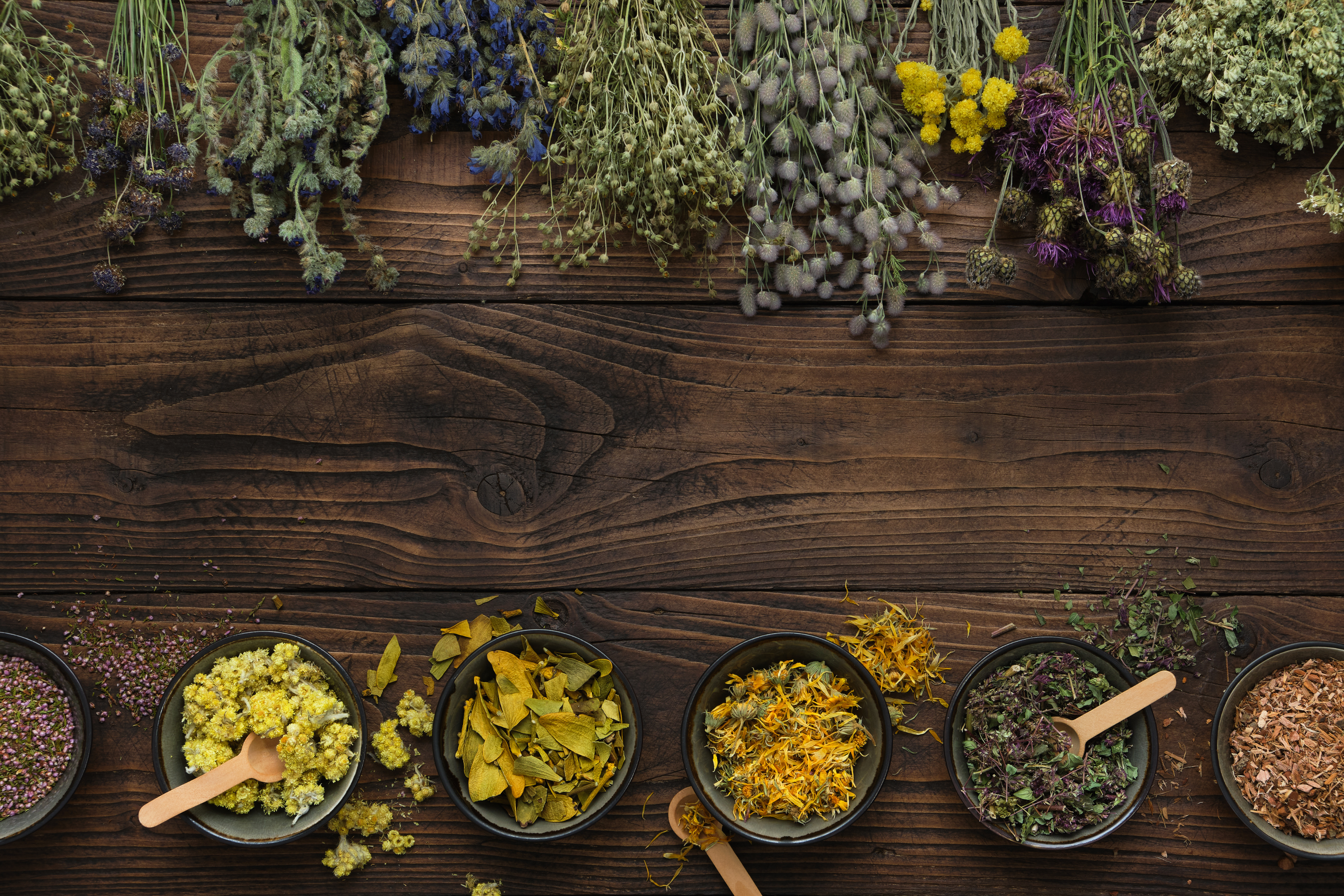Introduction:
For centuries, plants have been revered for their healing properties and medicinal benefits, offering natural remedies for a wide range of ailments and conditions. From soothing sore throats to alleviating anxiety, the therapeutic power of plants is vast and diverse, providing holistic solutions for supporting health and well-being. In this guide, we'll explore the world of medicinal and herbal plants, uncovering their remarkable healing properties, and discovering how they can be incorporated into our daily lives for natural healing and wellness.
The Power of Medicinal Plants:
-
Traditional Wisdom: Throughout history, indigenous cultures around the world have relied on medicinal plants for their healing properties, passing down traditional knowledge and wisdom from generation to generation. Many of these plants have been used for centuries to treat common ailments and promote overall health and vitality, offering safe and effective alternatives to modern pharmaceuticals.
-
Holistic Healing: Unlike synthetic drugs, which often target specific symptoms or conditions, medicinal plants offer holistic healing that addresses the root causes of illness and promotes balance and harmony within the body. By supporting the body's natural healing mechanisms, plants can help to restore health and vitality on a physical, emotional, and spiritual level.
-
Accessible and Affordable: One of the greatest advantages of medicinal plants is their accessibility and affordability, making them an ideal option for individuals seeking natural and sustainable healthcare solutions. Many medicinal plants can be grown at home or easily sourced from local markets and herbal shops, allowing people to take control of their health and well-being without relying on expensive medications or treatments.
-
Minimal Side Effects: Unlike pharmaceutical drugs, which can often have unpleasant or harmful side effects, medicinal plants generally have fewer adverse effects and are better tolerated by the body. When used correctly and in appropriate doses, medicinal plants can provide safe and gentle relief for a wide range of health conditions, with minimal risk of negative consequences.
Common Medicinal Plants and Their Benefits:
-
Echinacea (Echinacea purpurea): Known for its immune-boosting properties, echinacea is often used to prevent and treat colds, flu, and other respiratory infections. It can help to stimulate the immune system, reduce inflammation, and shorten the duration of illness.
-
Ginger (Zingiber officinale): With its anti-inflammatory and digestive properties, ginger is commonly used to alleviate nausea, indigestion, and motion sickness. It can also help to reduce muscle pain and inflammation, making it a popular remedy for arthritis and other inflammatory conditions.
-
Lavender (Lavandula angustifolia): prized for its calming and sedative effects, lavender is often used to promote relaxation, reduce anxiety, and improve sleep quality. It can be brewed into a soothing tea, added to bathwater, or used in aromatherapy to help alleviate stress and tension.
-
Peppermint (Mentha × piperita): Known for its cooling and soothing properties, peppermint is commonly used to relieve digestive discomfort, headaches, and muscle tension. It can help to alleviate symptoms of irritable bowel syndrome (IBS), including bloating, cramps, and gas.
Ways to Incorporate Medicinal Plants into Your Life:
-
Herbal Teas: Brew healing herbal teas using fresh or dried medicinal herbs such as chamomile, peppermint, and lemon balm. Enjoy a cup of herbal tea daily to promote relaxation, improve digestion, and support overall health and well-being.
-
Herbal Remedies: Create homemade herbal remedies such as tinctures, salves, and poultices using medicinal plants and natural ingredients. Experiment with different herbal preparations to address specific health concerns and conditions, and consult with a qualified herbalist or healthcare provider for personalized guidance and recommendations.
-
Herbal Baths: Add dried herbs or essential oils to your bathwater to create soothing and therapeutic herbal baths. Relax and unwind in a fragrant bath infused with lavender, chamomile, or rose petals to relieve stress, soothe sore muscles, and promote relaxation and sleep.
-
Herbal Skincare: Incorporate medicinal plants into your skincare routine by using natural and botanical-based skincare products. Look for skincare products containing ingredients such as aloe vera, calendula, and tea tree oil, which have anti-inflammatory, antibacterial, and soothing properties that can help to heal and nourish the skin.
Conclusion:
Medicinal plants offer a natural and sustainable approach to health and wellness, providing safe and effective remedies for a wide range of ailments and conditions. By harnessing the healing power of plants, we can support our body's innate ability to heal and thrive, promoting balance, vitality, and well-being on all levels.
So, explore the world of medicinal plants and discover the natural wonders that await you. Whether you're sipping herbal tea, taking an aromatic herbal bath, or applying healing herbal remedies to your skin, the therapeutic benefits of plants are endless and available to all who seek them.
Happy healing, and may you find health, vitality, and joy in the abundant gifts of nature's pharmacy!

